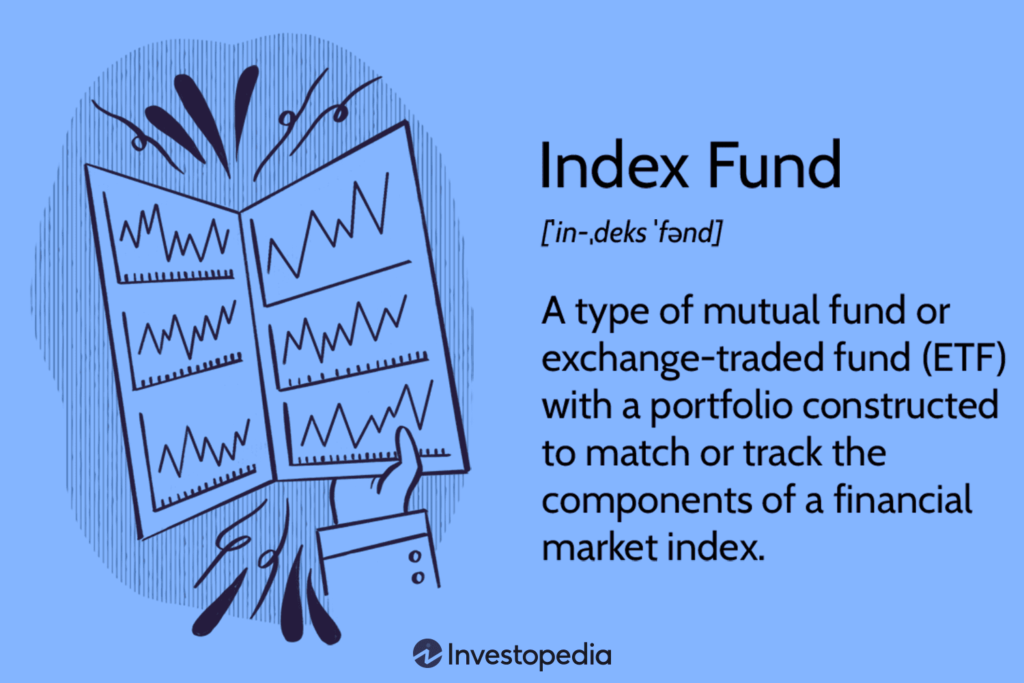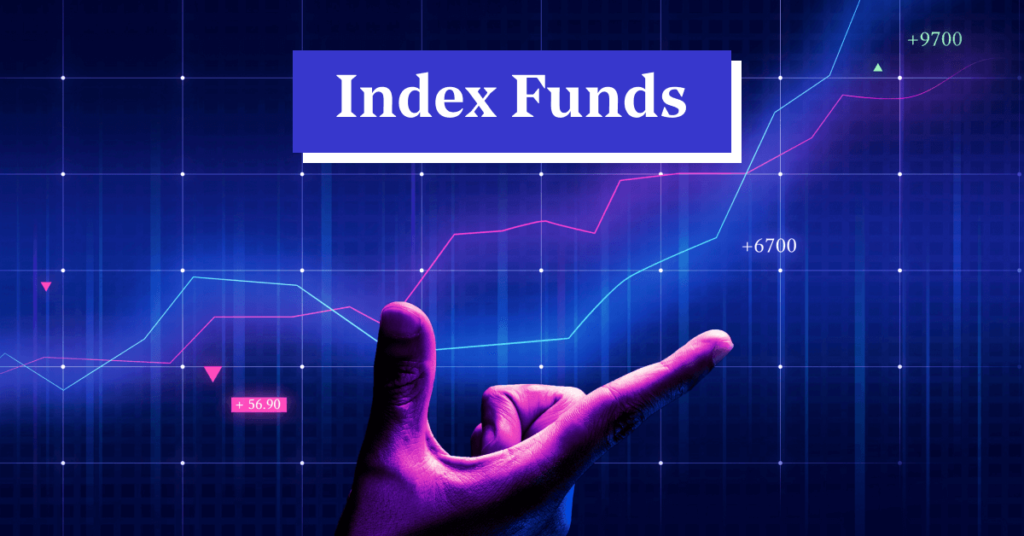How do you ensure that you’re making the right choices when building wealth? What factors should guide your decision in picking the best index options? These are essential questions every investor faces while mapping out their financial future. With so many choices available, aligning your strategy with your long-term goals is crucial.
Many prefer to invest in mutual funds because they offer diversification and lower risk than individual stocks. Index-based investments, a popular type within the broader mutual fund category, are especially attractive for long-term investors due to their low fees and market-matching performance. This article will explore selecting the right index choices that suit your financial objectives.

Know Your Investment Timeline and Goals
Before starting the selection process, it’s critical to identify your timeline and financial goals. Are you looking for short-term gains, or are you focused on long-term growth? Index choices offer steady returns with minimal maintenance for those with a long-term horizon, making them ideal for retirement savings or other future needs.
If you’re new to this space, understanding your timeline will help you determine the type of index-options that match your needs. Shorter-term investors prefer options tracking less volatile indices, while those with a longer view may be comfortable with broader indices like those based on large-cap stocks.
Evaluate the Expense Ratio
The expense ratio is among the most important factors in choosing the right in dex option. It represents the annual fee charged to cover operating costs. Lower fees mean more money stays invested, helping you achieve your financial objectives faster.
It’s essential to compare the expense ratios of different offerings before choosing. Since these investments are passively managed, their fees are lower than those of actively managed alternatives. A small difference in the expense ratio can significantly impact your returns over time, so always choose options with the lowest possible costs without compromising on quality.

Consider Market Capitalization
Market capitalization refers to the total market value of the companies included in an indexed. Index-based investments can be categorized into large-cap, mid-cap, and small-cap options, depending on the size of the companies they track. Large-cap options tend to be more stable, while small-cap choices may offer higher growth potential but with increased risk.

- Large-cap options: These focus on well-established companies and are ideal for conservative investors looking for steady returns.
- Mid-cap options: Offering a mix of growth and stability, mid-cap choices cater to investors with a moderate risk appetite.
- Small-cap options: Suitable for aggressive investors seeking high growth and willing to tolerate market fluctuations.
- It’s wise to diversify your investments across different market capitalisations to balance risk and reward.
Assess the Tracking Error
Tracking error measures how closely an index-based investment replicates the performance of its benchmark. A low tracking error indicates that the investment closely mirrors the index, while a higher error suggests discrepancies between the returns and the index it tracks.
When selecting an index-based option, opt for those with minimal tracking errors. Investments with consistently low tracking errors tend to deliver better-market-matching returns, helping you achieve your investment goals with fewer surprises.
How to Invest in Index Funds
For those wondering how to invest in index funds, the process is straightforward. First, open an investment account with a brokerage firm or an online platform that offers index options. Once your account is set up, you can browse the available choices and select those that align with your goals.
Setting up automatic contributions ensures consistency in building your portfolio over time. Investing in index-based options requires discipline, as they are best suited for long-term growth. Therefore, patience and regular contributions are essential for maximising returns in the long run.
If you choose to invest in mutual funds, especially index options, aligning your choices with your long-term financial goals is essential. Factors that are mentioned above play critical roles in maximising returns. By carefully evaluating these elements, you can make informed decisions that set you on the path to financial success.







